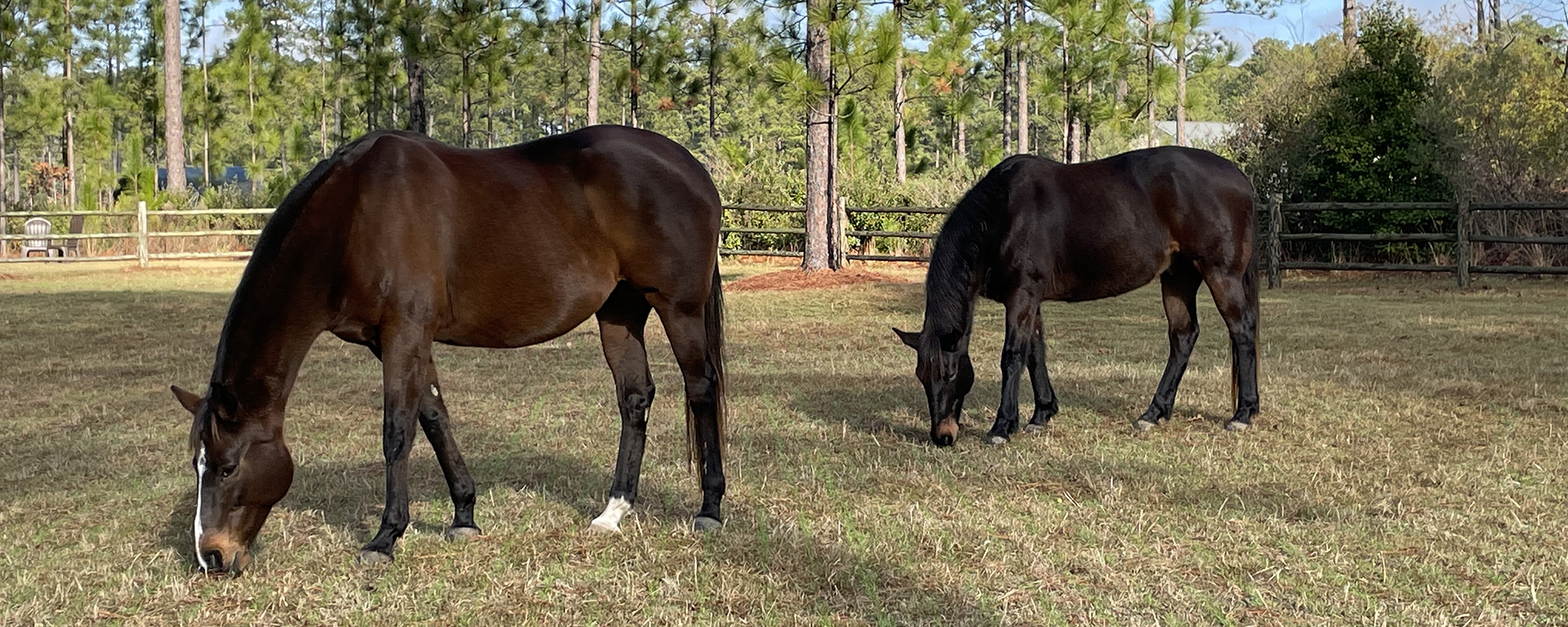What is equine-assisted counseling and how does it work?
It’s real therapy facilitated by a licensed mental health clinician who creates a personalized treatment plan to help you achieve your goals and create meaningful change. We use a team approach so in addition to the therapist there will be an equine specialist who insures safety. Completing the team are the horses: interacting with them offers you an opportunity to learn more about yourself in real-time. The therapist and equine specialist are there to help you examine and process your observations and experiences as they arise.
All interactions with horses are on the ground. There’s no riding, so no horse experience is necessary.
Why does equine-assisted counseling work?
Because how you are with horses tends to be how you are in life. Equine-assisted counseling provides an opportunity to observe and investigate your patterns, behavior, choices, and the reasons behind them. Insights gained enable you to problem solve, explore new choices, and try them out is a safe environment. Real change happens when it is FELT, when it is EXPERIENCED. When the horses begin to respond to you in a different way, you know that you are different.
Unique benefits to equine-assisted counseling
- Because it is action-oriented, it’s a better fit with those not comfortable discussing experiences and feelings.
- Horses live in the moment and bring us into the present rather than being stuck in the past or worrying about the future.
- Practicing mindfulness exercises with the horses reduces anxiety and is a skill to take with you into everyday life.
- Because clients are actively engaged in session they become aware of their behavior because they are “in it”.
- When relating to the horses, clients develop metaphors to explain what is happening. These metaphors help simplify real-life complex topics and makes them tangible and clear.
Is this type of treatment effective for children or adolescents?
Experiential (action—oriented) types of therapy like this are effective for populations such as children and adolescents who are not able to talk about their thoughts, feelings and experiences or find it too uncomfortable. When interacting with the horses, clients show you who they are; they don’t have to tell you. Through their interpretations of what the horses are doing and their responses to them, children reveal a great deal about how they perceive the world and why, and how they cope with situations. By discussing these behavioral topics as they naturally come up, the facilitating team can help the client practice healthier new behaviors. In addition, working with the horses provides an opportunity for discussing and learning about “appropriate” responses to stress or difficult situations and exploring effective problem-solving skills. In summary, this work can be a positive, effective intervention that can help young people develop their own internal resources that will be necessary for a successful transition into adulthood.
Is it effective for individuals who have experienced trauma or have anxiety and/or depression?
Trauma, anxiety and depression are complex emotional states that can affect people in a variety of ways. EAP (equine assisted psychotherapy) works on many levels and can thus be an appropriate and effective form of treatment.
Clients may feel socially isolated and have difficulty managing relationships. The EAP work with the horses involves developing trust, forging a connection, and gaining insight into how one can influence their interactions with others. For some, connecting with a horse can be the first step towards developing healthy balanced relationships.
Clients may also experience physical effects of trauma, anxiety and depression. Symptoms such as fatigue, aches, pains, agitation, difficulty concentrating, and hyper-vigilance are not uncommon. There is a somatic benefit to being outside with the horses during EAP. People often feel a sense of peacefulness and calm they don’t normally experience in their regular lives. The mindful nature of the activities helps clients experience this sense of safety and well-being which they can then carry onto their daily lives.


